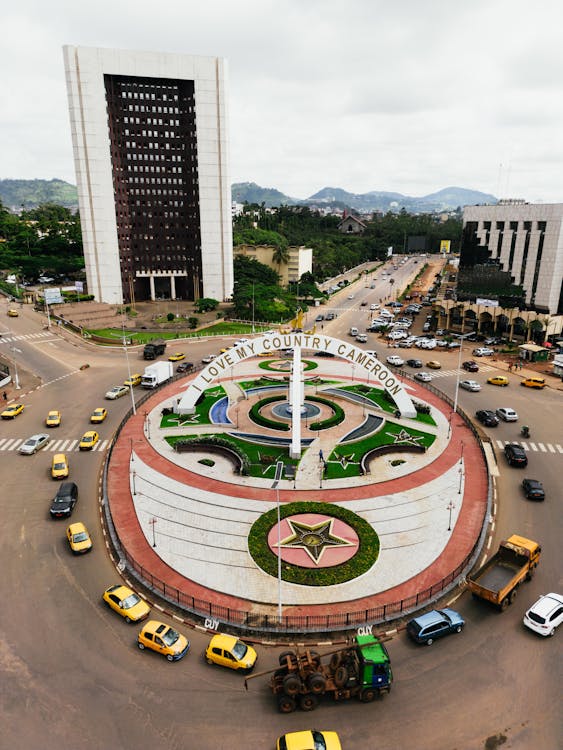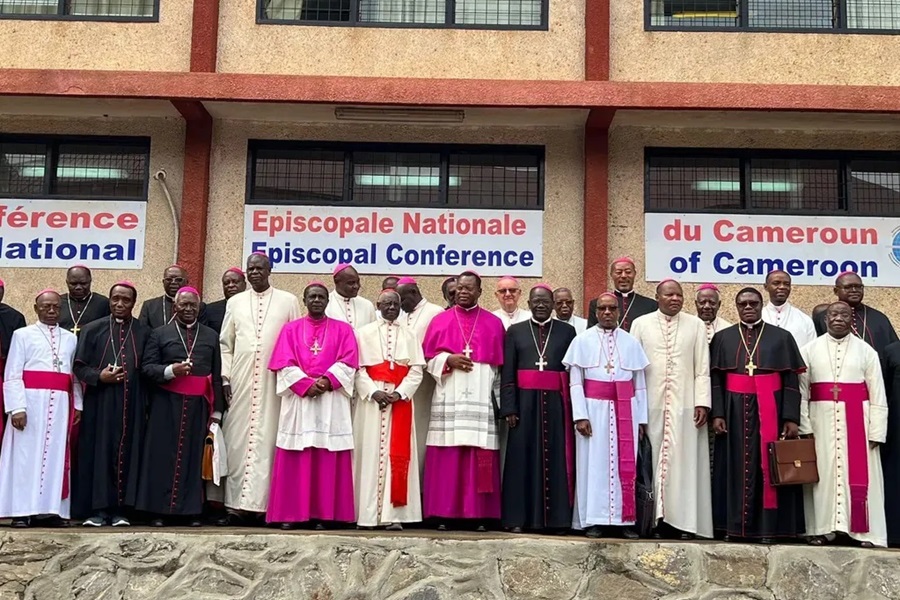So say the Bishops of Cameroon in the message published at the end of their Plenary Assembly in Buea, in the south-west of the country, as reported by Fides, the organ of the Pontifical Missionary Works: “One of the causes of the discontent of the Cameroonians is undoubtedly the tax burden, which increases year after year to the detriment of the weakest sections of the population,” emphasize the bishops. “It seems that taxes only exist for the so-called weakest in society, while the rich are not affected at all. (…) We wonder if a country is built only through taxes,” continue the bishops.
According to the 2025-2027 Medium-Term Economic and Budget Plan, Cameroon’s tax burden is expected to rise from 13.6 percent of GDP in 2024 to a projected 14 percent in 2025, and then to 14.2 percent and 14.4 percent in 2026 and 2027, respectively.

The purpose of tax levies should be to finance programs that benefit the community, but as the bishops point out, corruption means that taxpayers’ money ends up in the hands of corrupt officials.
This results in few public works being carried out and few services being provided to the population. “How do you explain that 2024 ended with only 446 km of paved roads and 228 km of improved roads?” ask the bishops. “If the annual budget allocated for road infrastructure were used wisely for this purpose, Cameroon would no longer suffer so much from the problem of bad roads.”
The same applies to the country’s natural wealth: “Cameroon is recognized to be blessed with the wealth of its forests and waters, its soil, its subsoil, etc. On the other hand, we are witnessing the organized plundering of our economic assets. We are thinking in particular of the sale and disposal of mining and agricultural concessions through agreements signed here and there that are very questionable.”
The message ends with a glimmer of hope: “The current socio-economic situation of our country, however dramatic it is, must not discourage us. For God is with us. And because he is with us, nothing will be against us. We urge everyone to trust in a happier and more prosperous future for our country, based on appropriate social, economic and political institutions. To achieve this goal, we appeal to our individual and collective responsibility,” the bishops concluded.
(L.M.) (Agenzia Fides 15/1/2025)
Photo by Yannick Mene / LCI







